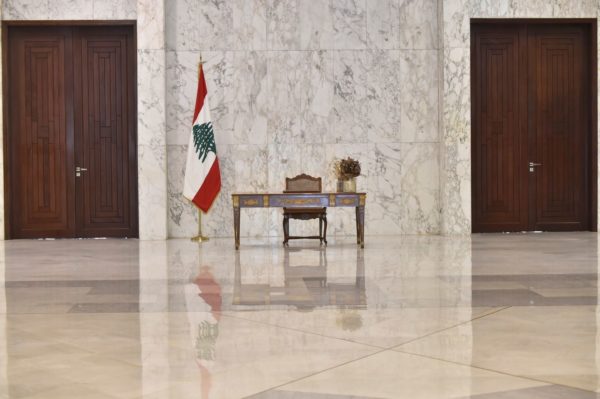This has begun to become evident through the Saudi-American warning to France and the dissatisfaction with its open-ended initiatives and criticism of one failure after another, offering the Qatari mediator to take its place in the Lebanese arena if the French mediator does not adhere to a short time frame and a clear agenda with desired results.
It is worth noting that the Saudi-American divergence with France is not new, dating back to the time of the initial French initiative that promoted Hezbollah and Amal Movement-backed candidate Sleiman Frangieh.
In a short time, the Quintet could quickly transform into a “Quartet”, or a “Trio” led by Saudi Arabia, the United States, and Qatar. Egypt could either become a complementary member or recede with the French role.
Qatar’s “assignment” is for its envoy to carry, this time, an agenda bearing the name of a “consensus president” – a president named on a list headed by the Army Commander General Joseph Aoun, along with other names that, according to those proposing them, constitute a solution that bridges the distance between the “axis of resistance” and the “axis of opposition.”
One solitary detail remains Gebran Bassil, who remains the only one outside of any settlement that would bring Joseph Aoun to the presidency at a time when opposition MPs who elected Jihad Azour are set to vote for Aoun.
Berri and Frangieh are following suit, not out of conviction in this settlement or the end of Frangieh’s chances, but to score “points” against Bassil.
The question remains: where does Hezbollah stand on all of these developments?
So far, there has been no response or stance reflecting its direction. But will Hezbollah join the settlement that promotes the Army Commander? If it happens, what is the size of this settlement, and what “fruits” will Hezbollah and, behind it, Iran reap from it in Lebanon?
Speaker Berri obstructed presidential elections 12 times in a row
Lebanon has been without a president since the end of October 2023 when Michel Aoun’s term expired.
The parliament failed in 12 sessions to elect a president, primarily because of the lack of a quorum.
Speaker Nabih Berri a staunch ally of Hezbollah blocked the quorum following every session by making sure that all his allies leave the parliament after the first round.
According to the Lebanese constitution if no candidate secures two-thirds of the parliamentary vote in the first round the parliament should remain in session until the candidate that secures a simple majority of half plus one of the votes gets elected.
Hezbollah, whose candidate is Suleiman Franjieh, a close friend of Syrian dictator Bashar al Assad has with help from Berri and the French leadership been trying to get his candidate elected. During the last session Franjieh secured 51 votes in the first round while the opposition’s candidate Jihad Azour, a former minister and the head of the IMF in the Middle East secured 60 votes but one of his votes went missing. Reports suggested that Berri was behind the missing vote.
The French initiative failed
MP Fadi Karam, a member of the “Strong Republic” Parliamentary bloc, confirmed that “the French initiative failed (it was accepted by one party) and was not able to convince the other party to accept it.”
“Bit by bit, the axis of resistance is running out of options in Lebanon,” Karam was quoted as saying on the X platform, following the departure of Jean-Yves Le Drian, the French President’s personal envoy. “It has failed in imposing its presidential candidate” and dialogue is its way of trying to reach a settlement.
France is reportedly using unconventional corruption methods to force Lebanese politicians to elect Hezbollah’s candidate Suleiman Franjieh,
LBC/ NEWS AGENCIES


Leave a Reply
You must be logged in to post a comment.